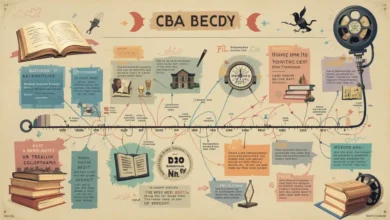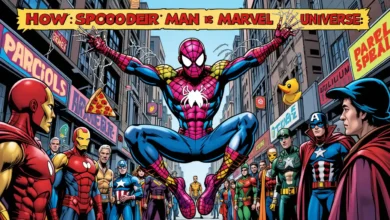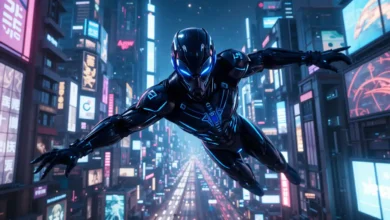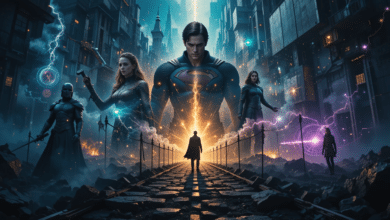I Cannot Interfere: It’s a Canon Event
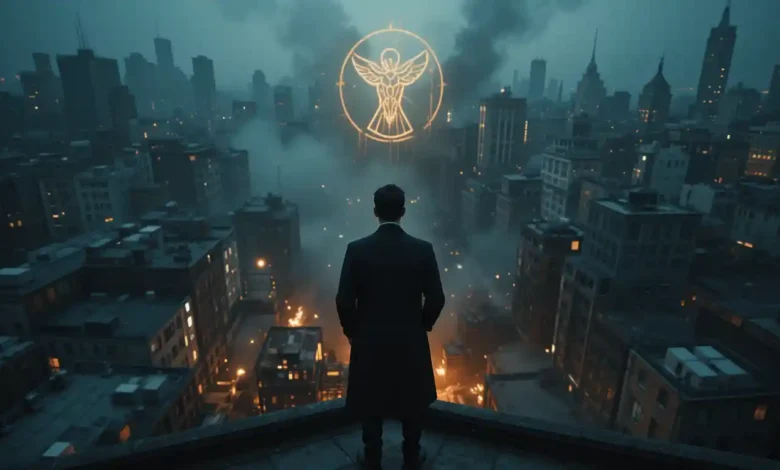
Introduction
In the world of storytelling, certain events are pivotal, shaping characters and narratives in fundamental ways. These are often referred to as “canon events.” When a character or observer states, “I cannot interfere; it’s a canon event,” it underscores the significance and immutability of these occurrences. This phrase has gained popularity, resonating with fans of various media, from comics and movies to books and TV shows. In this blog post, we’ll delve into the meaning of canon events, their impact on narratives, and explore examples from different storytelling mediums.
What is a Canon Event?
Canon events are crucial plot points that define the trajectory of a story. These events are often non-negotiable, meaning they must happen for the narrative to progress in its intended direction. They can include character deaths, pivotal battles, or significant revelations. The term “canon” itself refers to the accepted and official events and elements within a story’s universe.
The Importance of Canon Events in Storytelling
Canon events serve as the backbone of a narrative, ensuring that certain story arcs are fulfilled and characters develop as intended. They provide structure and consistency, allowing for a coherent and compelling storyline. Without these key events, the story might lose its direction and impact.
Examples of Canon Events in Popular Media
Harry Potter and the Deathly Hallows
In J.K. Rowling’s Harry Potter series, the death of Dobby the house-elf is a significant canon event. This moment is crucial for Harry’s character development, reinforcing the themes of sacrifice and bravery.
Star Wars: The Empire Strikes Back
The revelation that Darth Vader is Luke Skywalker’s father is one of the most iconic canon events in film history. This twist not only reshapes the narrative but also deepens the complexity of the characters involved.
The Marvel Cinematic Universe
The snap by Thanos in “Avengers: Infinity War” is a pivotal canon event that drastically alters the universe’s landscape. This moment sets up the stakes for “Avengers: Endgame” and the eventual resolution of the story.
Why Characters Acknowledge Canon Events
When a character says, “I cannot interfere; it’s a canon event,” they acknowledge the event’s importance and their inability to change its outcome. This recognition often adds a layer of dramatic tension, as characters must navigate the consequences of these inevitable occurrences. It also highlights the limits of their power, emphasizing the event’s foundational role in the story.
The Role of Canon Events in Character Development
Canon events often serve as catalysts for character growth. They challenge characters, forcing them to confront their beliefs, strengths, and weaknesses. For example, in “Game of Thrones,” the Red Wedding is a brutal canon event that significantly impacts the surviving characters, shaping their future actions and decisions.
Canon Events and Fan Reactions
Canon events can elicit strong reactions from fans, ranging from shock and grief to excitement and satisfaction. These events often become talking points within fan communities, sparking discussions and debates about their implications and fairness. For instance, the death of Glenn in “The Walking Dead” was a highly controversial canon event that divided the fanbase.
How Writers Craft Canon Events
Creating a compelling canon event requires careful planning and execution. Writers must ensure that these events are integral to the story and resonate with the audience. They often build up to these moments, laying the groundwork through foreshadowing and character development. The payoff must be impactful, leaving a lasting impression on both the characters and the audience.
Conclusion
Canon events are the cornerstones of storytelling, driving narratives forward and shaping characters’ journeys. The phrase “I cannot interfere; it’s a canon event” underscores the inevitability and importance of these moments. Whether it’s a shocking twist, a heart-wrenching death, or a pivotal battle, these events leave an indelible mark on the story and its audience.
FAQs
1. What does “I cannot interfere; it’s a canon event” mean?
This phrase means that a particular event in a story is crucial and unchangeable, shaping the narrative’s progression and character development.
2. Why are canon events important in storytelling?
Canon events provide structure and consistency, ensuring that key story arcs are fulfilled and characters develop as intended.
3. Can canon events be altered in a story?
Generally, canon events are meant to be unalterable as they are foundational to the narrative. Changing them can disrupt the story’s coherence.
4. How do writers create impactful canon events?
Writers carefully plan and execute canon events, using foreshadowing and character development to ensure these moments resonate with the audience.
5. What are some examples of canon events in popular media?
Examples include Dobby’s death in “Harry Potter,” Darth Vader’s revelation in “Star Wars,” and Thanos’ snap in “Avengers: Infinity War.”

